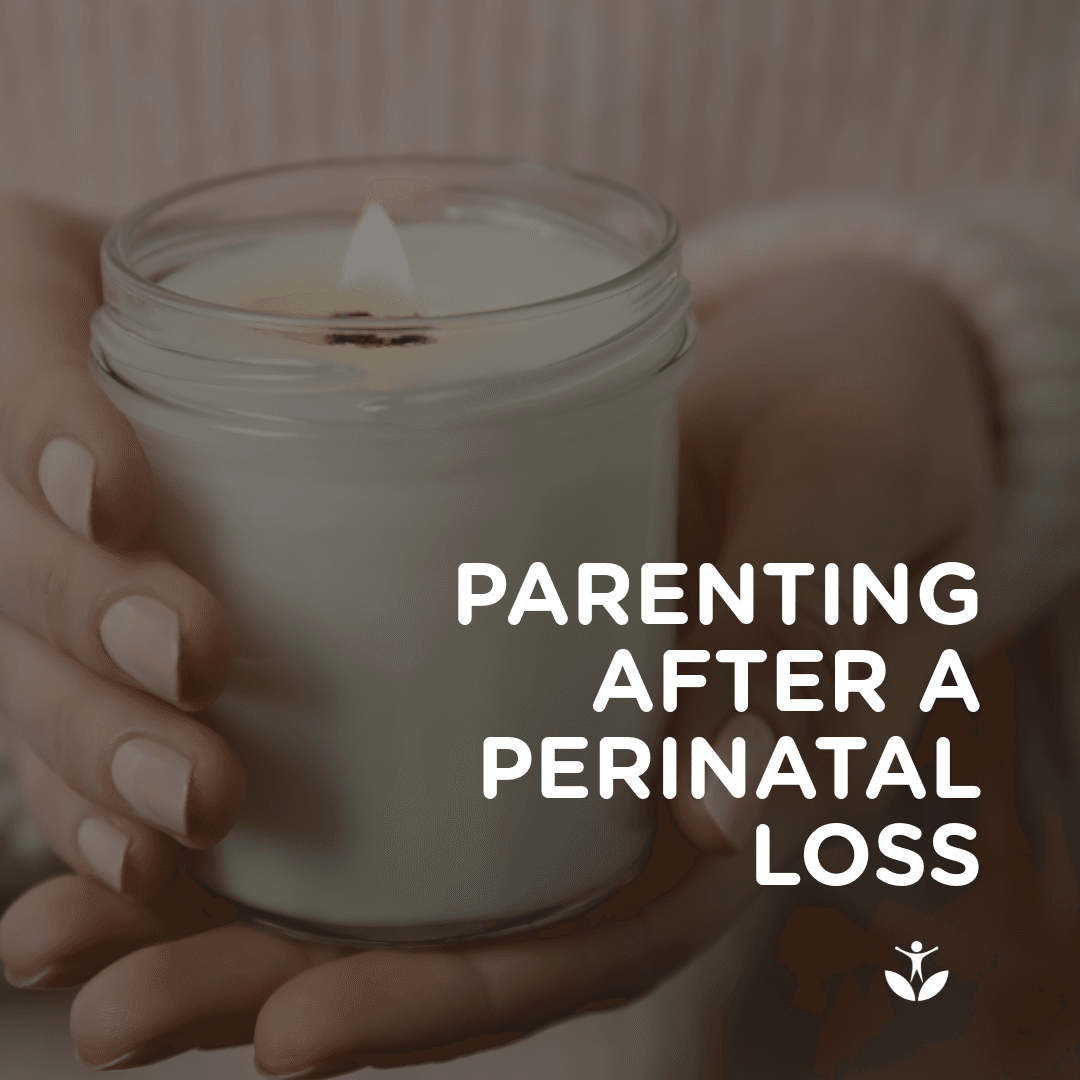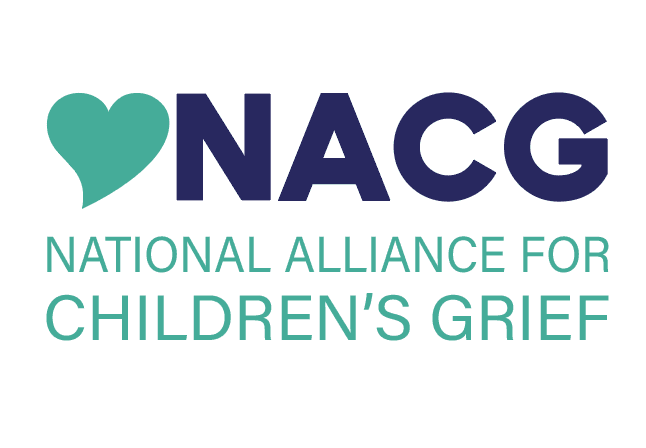
Perinatal loss is a unique type of loss involving a baby’s death during pregnancy, labor, or shortly after birth. It has become a significant global health issue. According to the United Nations Inter-Agency Group for Child Mortality Estimation (UN IGME), the global neonatal mortality rate in 2020 was 17.4 deaths per 1,000 live births, and the World Health Organization reported 1 in 4 women will experience pregnancy loss and 2.6 million stillbirths each year. Perinatal loss often evokes a range of complex emotions, including profound sadness, grief, guilt, anger, confusion, and even shame. The anticipation and hope associated with bringing a new life into the world can intensify these emotions, making the grieving process particularly challenging.
Parenting children after a perinatal loss can be an isolating process. The loss of a baby can deeply affect parents’ sense of identity and their perception of the future, as it disrupts the expected parental role and can lead to feelings of confusion. It can be difficult for others to understand the depth of the parents’ grief and how it may impact their roles as parents. This lack of understanding and support can compound grief and make parenting more challenging. Here are some tips for continuing a parental role after a perinatal loss:
Allow yourself to grieve. Perinatal loss can lead to deep feelings and long-lasting changes in one’s mind and body, so it is important to acknowledge and honor your grief while parenting after such a loss. Be patient and gentle with yourself. Understand that it is normal to have a mix of emotions and give yourself permission to experience them. It is okay to have good and bad days. Remember, healing takes time.
Communicate with your partner. Perinatal loss can strain relationships as both parents cope with their own grief. Consequently, they may hold different feelings and perspectives regarding parenting or future plans of having children. Open and honest communication with one’s partner is vital. It can be healing for both partners when they share feelings, fears, and concerns with each other. Together, they can support one another and find ways to navigate the parenting journey after the loss.
Communicate with your child. As your child grows, they may have questions or curiosity about their sibling who has died. Be open and honest when discussing the loss. Share the memory of their sibling, explain what happened, and answer their questions with sensitivity and compassion. When communicating with your child, you may want to choose an appropriate time and place, use simple and clear language, encourage emotions, and provide reassurance. Also, pay attention to misconceptions, address them, and provide age-appropriate explanations.
Embrace the memory of your baby. Finding ways to honor and remember your baby can be meaningful and healing. You could create a memorial, participate in remembrance activities, or incorporate their memory into family traditions. Moments of remembrance can include pregnancy moments and ultrasound pictures, baby’s first outfit, blanket, or other important clothing, or simply saying their name. You may find other unique ways to honor your baby’s memory as you see fit. Remembering your baby can help keep their spirit alive within your family. Just like this quote, “Some say you are too painful to remember. I say you are too precious to forget.”
Manage complex emotions. Parenting after a perinatal loss can bring about intense emotions, such as anxiety, sadness, and fear. It is essential to acknowledge these emotions and be self-aware in managing them. It can be helpful to practice self-care, focus on the present moment, and embrace the joy of parenting your children. You may find activities, such as journaling, breathing exercises, and art activities, as helpful healing tools during your parenting journey while grieving your loss.
Celebrate the milestones and achievements of your children. Although it may be challenging at times, it is healthy to fully embrace the joy and happiness that comes with your children’s milestones and achievements after a perinatal loss. Recognize that these moments are separate from the pain of your loss and deserve to be celebrated. It is okay to hold both ends of your emotions: grieving the loss of your baby and embracing the joy and pride that comes with watching your children grow and develop.
Seek support. Allow yourself to ask for help from family, friends, community, and professionals when you feel a need. If you are ready and willing, you can consider joining support groups or seek counseling. Talking to others with professional expertise or who have experienced similar losses can provide validation, understanding, and helpful strategies to guide you through navigating your loss.
If you or someone you know has experienced the death of a loved one, Children’s Bereavement Center offers FREE Perinatal and Infant Loss Grief Support groups as well as Child Loss groups for grief support groups for children, teens, young adults, and adults across South Florida and nationwide. To register for our CBC groups year-round, please contact 888-988-5438 or support@childbereavement.org, or find more information at www.childbereavement.org.








